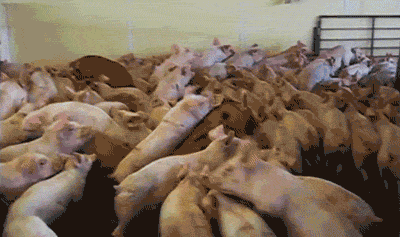A puff piece in the WSJ on methane gas from garbage dumps buries the lede
/all aboard the energy train
It’s no wonder Wall Street and governments are so fond of global warming: it affords the opportunity to soak the little people and enrich tycoons and tyrants around the world. This arcticle in today’s Wall Street Journal is typical of the media’s propaganda campaign pushing the agenda. The piece is almost entirely devoted to the fiscal acumen and technological genius of the people involved, and mentions what’s rally going on in just two short paragraphs before continuing its paean:
Left alone, the methane—along with carbon dioxide, hydrogen sulfide, nitrogen and volatile organic compounds—wafts into the atmosphere, where it is a more potent greenhouse gas than carbon dioxide. Trapping and processing the methane earns credits that can be sold to refiners and oil importers who use them to meet federal renewable-fuel mandates.
When BP agreed to buy Archaea, benchmark U.S. natural-gas prices were around $7 per million British thermal units, while the value of the renewable-fuel credits associated with that much methane was about $33. That means gas from Assai could sell for about $40.
And that’s it; end of discussion. No mention of this gas costing 6X more than what it’s currently worth on the open market, nor does the reporter pause to reflect on that fact that it is taxpayers and consumers who will be paying that premium.
The entire alternative energy program is like this. Proponents of windmills and solar farms shriek in exultation that their hot air costs less than fossil fuels, while ignoring the actual costs of subsidies and the requirement to build out redundant “green” capacity to make up for the fact that the wind often doesn’t blow, and the sun stops shining, every night and every cloudy day; the actual energy production of these plants is about 15% of what their advocates claim, and either that huge shortfall will have to be made up for by quintupling capacity or, as the Greens prefer, civilization will just have to make do with (far) less.
Either way, the peasants will be paying the price.

